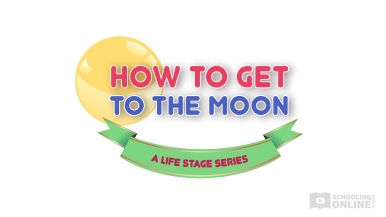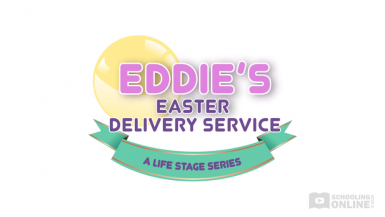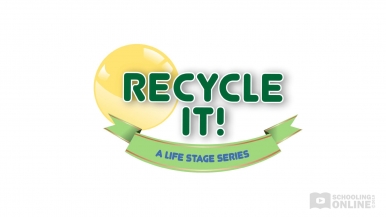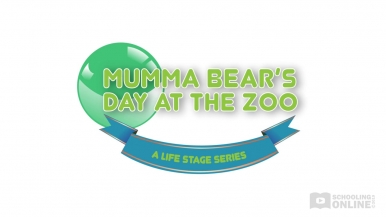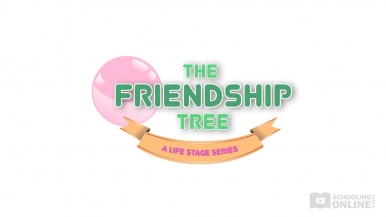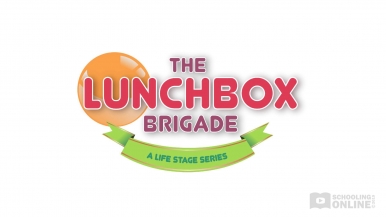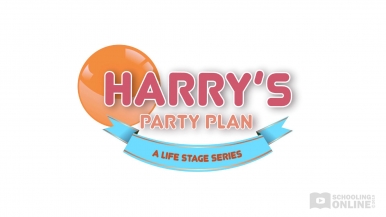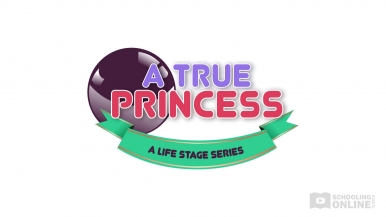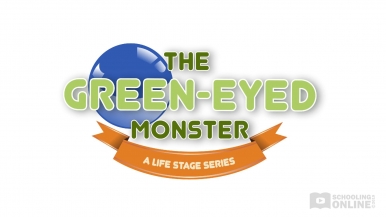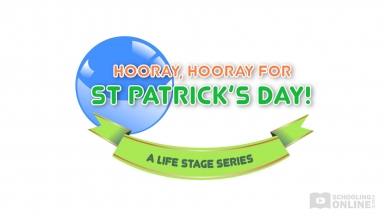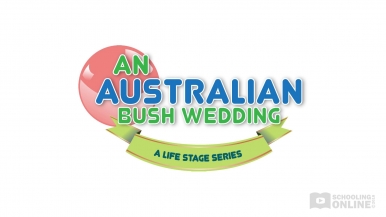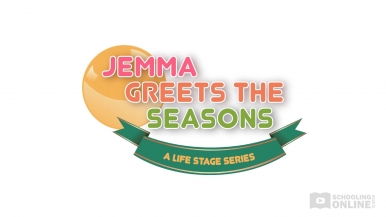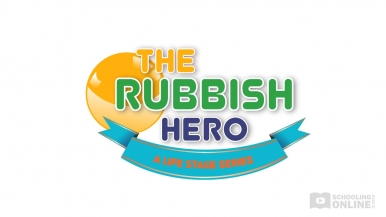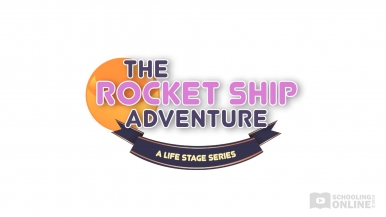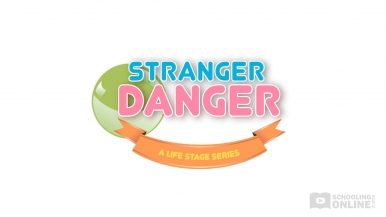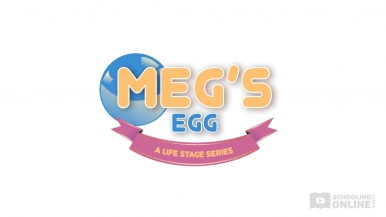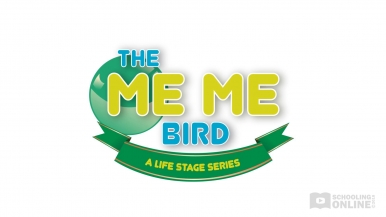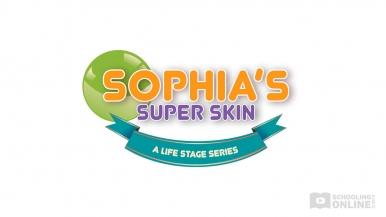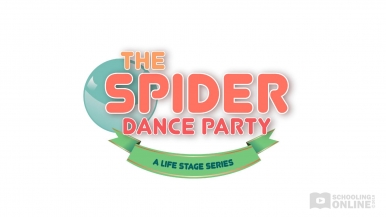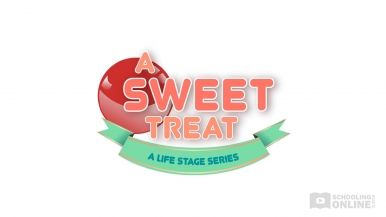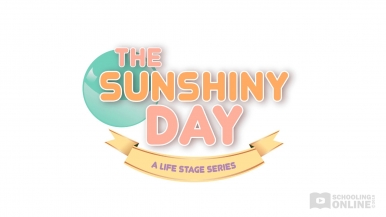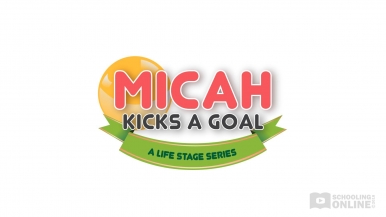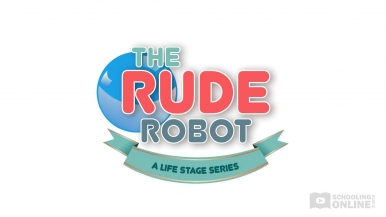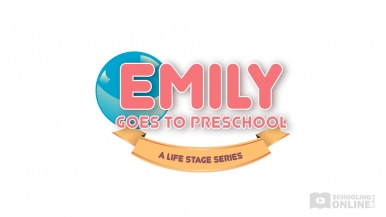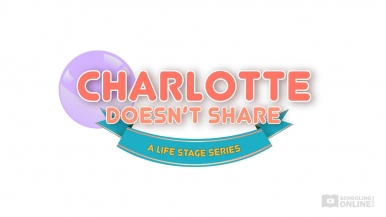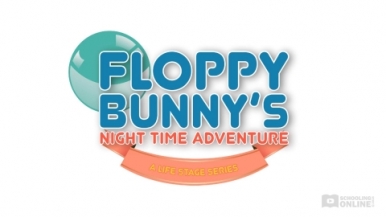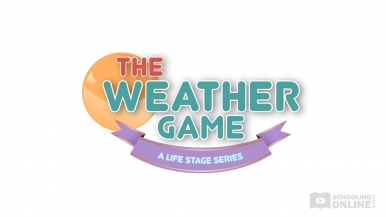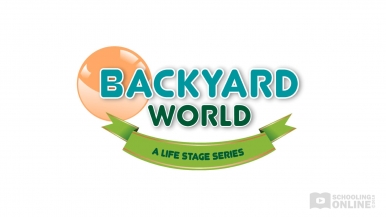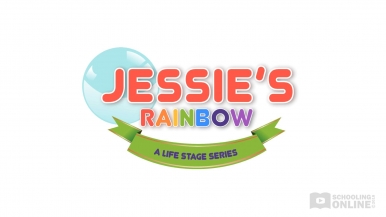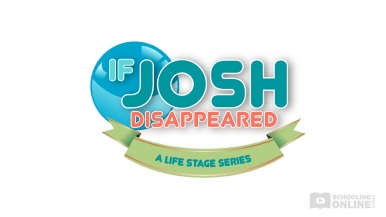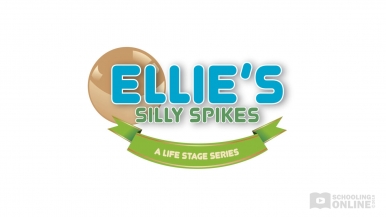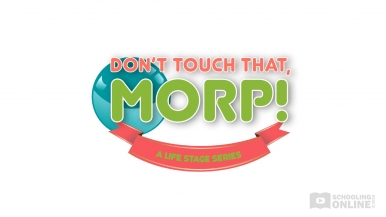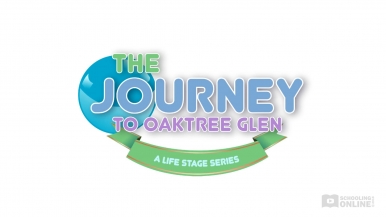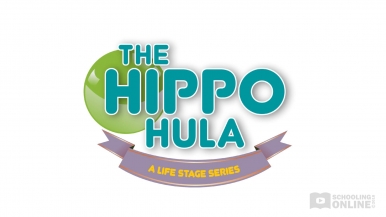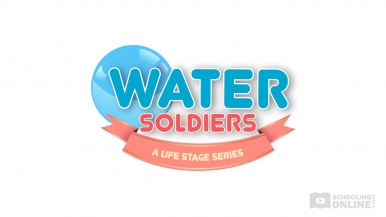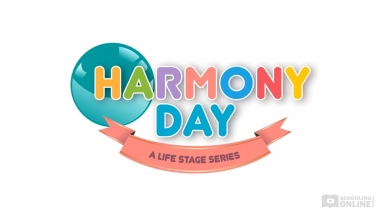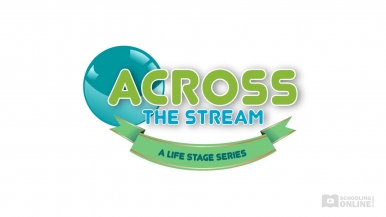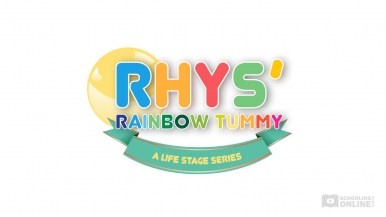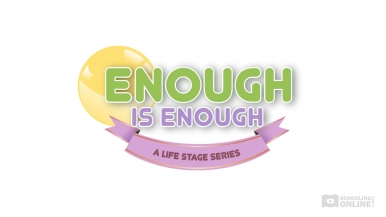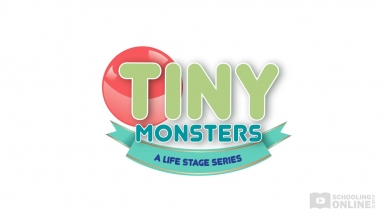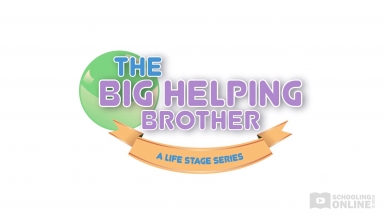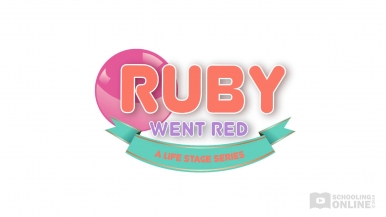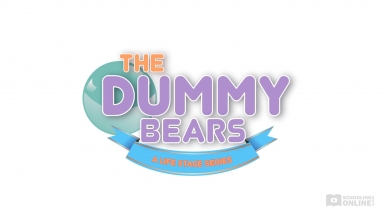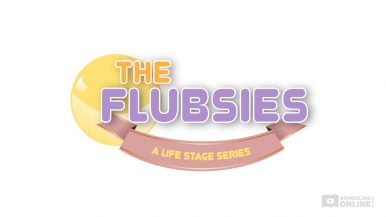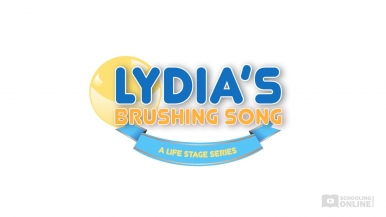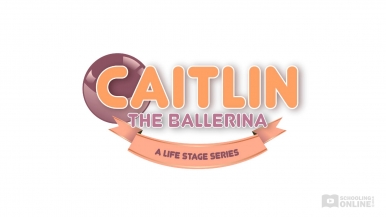The Life Stage Series will assist parents and educators when addressing the outcomes of the Early Years Learning Framework (EYLF). This framework supports and enhances children’s learning experiences as they navigate the process of Belonging, Being and Becoming. The five learning outcomes are as follows:
1. Children have a strong sense of identity
2. Children are connected with and contribute to their world
3. Children have a strong sense of wellbeing
4. Children are confident and involved learners
5. Children are effective communicators
At Schooling Online, we recognise the importance of early exposure to communication and language. We also understand the value of early social and emotional development, which facilitates a child’s successful transition into formal schooling.
Unfortunately, there is no secret recipe for growing up. We realise that children need time and motivation to mature as independent learners. Luckily, learning about manners and morals becomes easy with our enchanting narratives and whimsical illustrations! Join our memorable characters as they discover the world around them!
We want to support our viewers along this journey, so here are some tips for parents and educators when using our lessons:
1.Integrate our videos into your centre’s curriculum.
Our lessons are based on the learning outcomes described in the EYLF. We encourage parents and educators to integrate our online lessons into children’s play experiences and projects in the classroom. For example, you can create role play activities that include our relatable characters, such as animals, robots and super heroes. This provides children with a familiar starting point for fun learning experiences. It’s a great starting point, one that children are familiar with.
Children can develop a sense of belonging to their community by connecting with their peers in a welcoming environment. Our narrative style of learning engages children with memorable songs, mnemonics and riddles. At Schooling Online, we want children to become confident and involved learners as they navigate the world around them. Our videos encourage children to express their intellectual and emotional concerns in respectful ways when interacting with friends and family.
Parents and educators can find the ELYF outcome covered in each video in the lesson description below. Educators can refer to this information when integrating our videos into their weekly, monthly or yearly lesson plans at their centre. We want to tailor our videos to your centre’s distinct educational program, giving you flexibility when incorporating our videos into your lessons.
Parents planning their child’s reading at home should also refer to the EYLF outcomes listed in our descriptions. The possibilities are endless when our videos are at your fingertips!
2.Establish a daily routine.
Parents and educators are encouraged to use our videos on a daily basis, allowing children to learn at a gradual pace. Sitting down and watching a story together could become your child’s favourite part of the day.
Your child will begin to empathise with the characters, as they go through similar experiences and learn valuable life lessons. Every lesson includes key words relating to the story, which improves your child’s communication skills and literacy.
Parents and educators can follow a child’s progress through the EYLF, as each story lists the outcome being addressed. We want your child to grasp each concept step by step. If your child enjoys the story, then watch it again!
Some lessons may be more challenging for your child to understand. We realise that, so we’ve created a “My Lessons” page where you can save your favourite videos. Just click the little heart button under a video to save a lesson for future viewing.
3.Ask open ended questions.
At Schooling Online, we understand the importance of play-based learning in growing young minds. We want children to actively engage with their parents and educators in a fun environment. That’s why our videos cater to children’s natural sense of inquiry and discovery.
Parents and educators should encourage children to talk about the characters’ experiences. The Life Stage Series explores experiences that your child will often encounter during their development. We recommend that you pause the video often to ask your child open-ended questions and answer their inquiries.
As your child becomes more emotionally intelligent, ask them more complex questions. Our videos create a secure and warm space for children to express their opinions through discussion with parents and educators. This allows children to progress as independent learners, while developing their confidence, communication skills and critical thinking.
Use the ‘Five Ws’ question method to get started - who? what? when? where? why?
• Who is your favourite character?
• What do you think will happen next?
• When did this happen to the character?
• Where did the event take place?
• Why did this happen to the character?
As your child progresses through our videos, you may ask them:
• How did the character feel when that happened?
• How does it make you feel when that happened?
4.Use positive reinforcement.
Children need safe and trusting relationships to confidently explore the world around them and take risks as learners. Parents and educators should always encourage and motivate children by rewarding their efforts! Model enthusiasm for the stories and comment positively when they engage with the lesson. This will nurture your child’s interest and motivation to learn.
Encourage your child to be inquisitive and share your own opinion in discussions. For example, you could say, “I like how you laughed so loud when Ruby acted like a baby when she didn’t get what she wanted! That was so funny, wasn’t it?” A similar comment for another video could be, “that was a such a great question! It’s great that you asked why the flubsies laughed at Saffie when he missed the shot. Why do you think they laughed at Saffie?”
Your support and positive enforcement are crucial to the process of learning. It will allow children to cultivate their enthusiasm, as well as their resilience, when they get things wrong. It’s like learning to ride a bike for the first time; kids can get discouraged when they fall and need to get back up!















